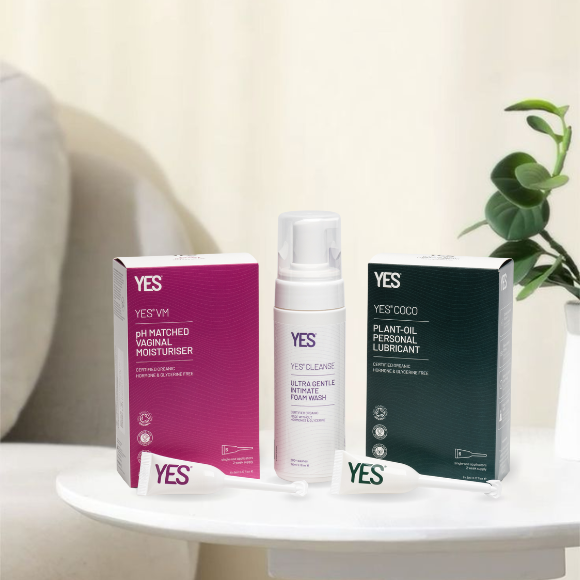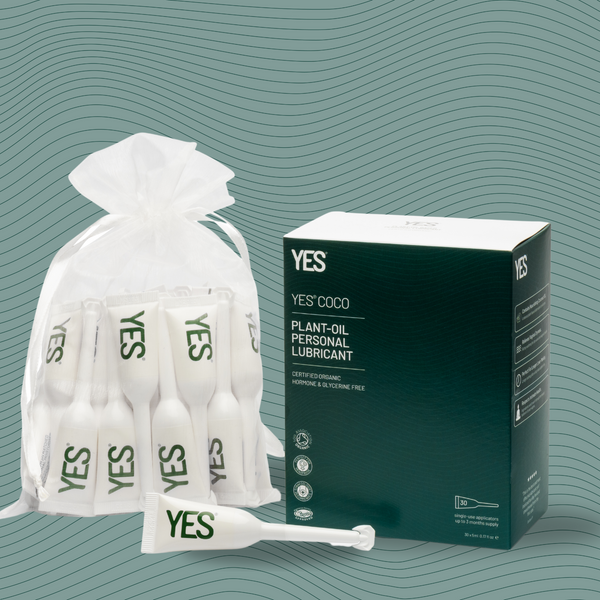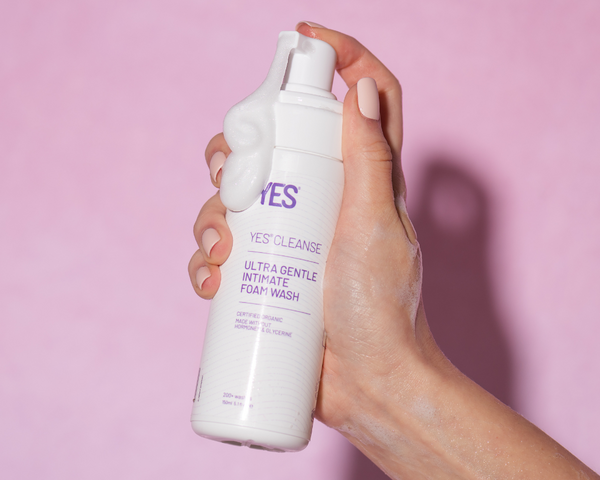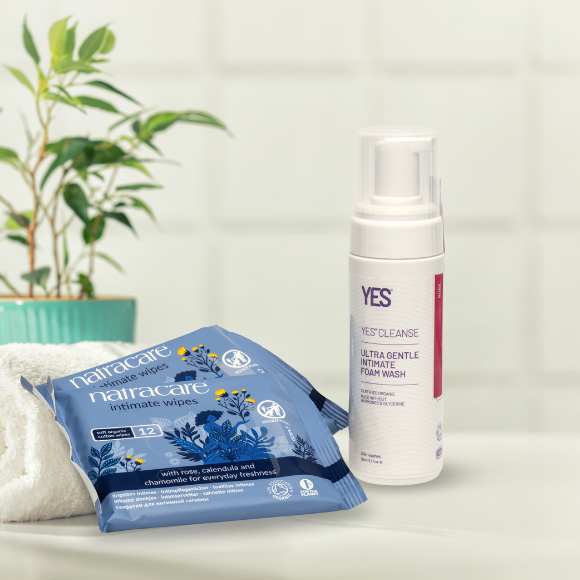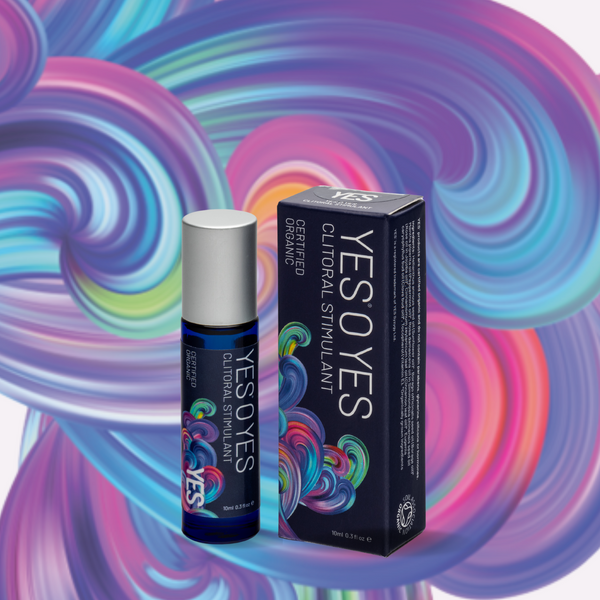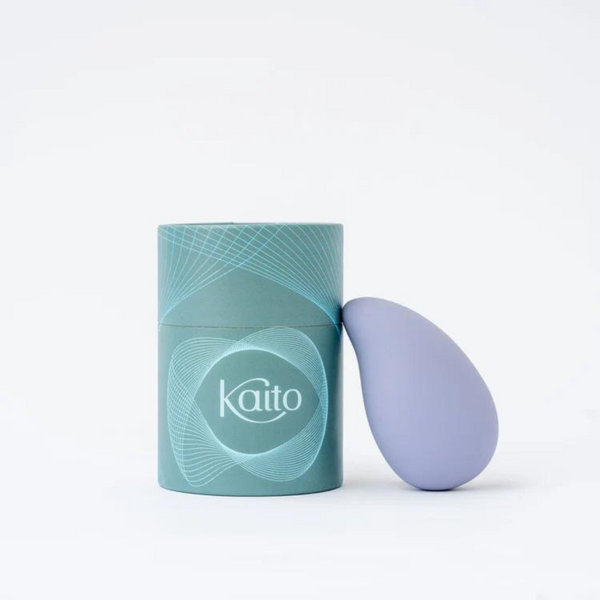 All Blogs
All Blogs
‘Going organic’ is one of the best choices that you can make for your health and the planet, but why exactly? The best place to start is to examine what organic actually means…
What does ‘organic’ mean?
According to the Department for Agriculture and Rural Affairs (DEFRA);
‘Organic food is the product of a farming system which avoids the use of man-made fertilisers, pesticides; growth regulators and livestock feed additives. Irradiation and the use of genetically modified organisms (GMOs) or products produced from or by GMOs are generally prohibited by organic legislation. Organic agriculture is a systems approach to production that is working towards environmentally, socially and economically sustainable production. Instead, the agricultural systems rely on crop rotation, animal and plant manures, some hand weeding and biological pest control’. (1)
Organic Beauty & Wellbeing products are formulated using organically farmed ingredients, which means just like food, the ingredients are grown without the use of GMOs, herbicides or synthetic fertilisers, parabens, synthetic colours, fragrances or nano particles, and more.
Organic means ‘working with nature, not against it’. Opting for organic next time you shop means that you are supporting a farming system that is:
1. Kind to people and our bodies
Certified organic products only contain ingredients that are beneficial for your skin. They contain ethically sourced, natural ingredients and are made without parabens, phthalates, GM or any synthetic ‘controversial chemicals’ that are potentially harmful for the body. This also means that organic beauty and wellbeing products are a lot easier on the skin, more likely to be hypoallergenic and less likely to cause irritation as they are made without chemical additives. If they do contain a preservative, this is likely to be the smallest amount possible. Did you know that organic products also contain a higher amount of antioxidants, compared to ‘conventional’ products? Research demonstrates that organic crops are up to 60% higher in a number of key antioxidants. These naturally occurring vitamins and minerals are best known for protecting the skin from damage, working to brighten, soothe irritation and smooth fine lines.<4> It’s also thought that antioxidants can help to lower cholesterol and reduce the risk of heart disease.<5> We pride ourselves in the fact that YES products contain certified organic, sustainably sourced skin foods. Our rule – if you wouldn’t eat it, don’t put it on your skin.
2. Kind to the planet
Organic farming is designed to respect nature and ‘enhance the health of soils, water and air.’ <6> It is a sustainable farming process, for example, organic farmers don’t use pesticides, they rely on an eco-system to keep pests under control. Healthy eco-systems also lead to healthier soils and a lower risk to pollution of rivers and waterways by avoiding use of artificial fertilizers. According to Soil Association, if Europe’s farmland all followed organic principles, agricultural emissions could drop by 40-50% by 2050.<7> It’s important to consider the life cycle of any product that you purchase, what happens to it before, during use and after, use. Made up of natural ingredients, organic products are often biodegradable, whereas ‘conventional; products often use synthetic ingredients. These do not decompose as easily, which means that when you use a product with synthetic ingredients, let’s say a face wash, you are then washing these ingredients down the sink which then goes into our lakes, rivers and the water systems, which can potentially damage wildlife, eco-systems and even humans that consume that water. Organic products will also often be packaged in eco-friendly materials that can be recycled or biodegrade, which reduces the amount of waste produced and therefore the environmental impact of the product after use. The way that organic products are manufactured is also as sustainable, using wind where possible to generate electricity for example. Certified organic companies are often incredibly transparent about their manufacturing process as there isn’t anything to hide!
3. Kind to wildlife
Organic farms are havens for wildlife. On average, plant, insect and bird life is 50% more abundant on organic farms, and there are around 75% more wild bees on organic farms.<8> This is because organic farmers use fewer pesticides and farm in a way that encourages wildlife, like planting trees, beetle banks and wildflowers to encourage a healthy eco-system. Organic beauty and wellbeing products forego animal testing, and many are also Vegetarian or Vegan Society approved.
How do I identify which products are organic?
To guarantee a product is organic, look for a third party accreditation such as the Soil Association logo. A Soil Association certified product has gone through a rigorous testing process and has received a stamp of approval from a system that regulates what is deemed as sufficiently organic. We are incredibly proud of YES products’ Soil Association certified organic status. We are transparent about the ingredients within our products and all are natural and ethically sourced. YES products are made without silicone, hormones, phthalates, synthetic fragrances or parabens; plus, all of our packaging is recyclable! You can find more information about our ingredients policy here.
References:- DEFRA: https://www.gov.uk/government/organisations/department-for-environment-food-rural-affairs
- Soil Association https://bit.ly/3jzgX1A
- Soil Association: https://bit.ly/3benCLs
- Marie Claire: https://www.marieclaire.com/beauty/a22370309/antioxidants-skin-benefits
- Healthline: https://www.healthline.com/nutrition/foods-high-in-antioxidants#section4
- Soil Association: https://bit.ly/34QJXNZ
- Soil Association: https://www.soilassociation.org/iddri-report-ten-years-for-agroecology-in-europe/
- Soil Association: https://bit.ly/34WBby3
Empower yourself
Read more about the changes your body goes through during peri menopause and post menopause.


